POLICE FORCE TO DIVIDE OPERATIONS
입력 2021.01.05 (15:00)
수정 2021.01.05 (16:46)
읽어주기 기능은 크롬기반의
브라우저에서만 사용하실 수 있습니다.
[Anchor Lead]
Following the adjustment of investigative rights between the prosecution and police, the police force will be divided into three major operational areas starting this year. National police will be in charge of intelligence, security and foreign affairs, while the autonomous police unit will oversee concerns such as traffic and school violence. The control tower for the third arm, which is the investigative police, officially launched on Monday. Take a look at some changes to police investigations from now on.
[Pkg]
The National Investigation Headquarters has formally launched with a signboard hanging ceremony.
[Soundbite] KIM CHANG-YONG(COMMISSIONER GENERAL, NAT'L POLICE AGENCY) : "The police will change both institutions and culture based on firm resolve to become a trusted and beloved investigation agency."
The headquarters is located inside the National Police Agency but ironically, the post of inaugural chief yet remains empty. Related procedures are expected to conclude next month.
[Soundbite] PROF. LEE YUNG-HYEOCK(DEPT. OF POLICE SCIENCE, KONKUK UNIVERSITY) : "Chief of the new headquarters symbolizes the changes to investigative powers, but a hasty process has led to an abnormal start."
The prosecution's command over investigations has been abolished for the first time in 67 years. This will give police the right to close an investigation in minor cases when they believe there are no criminal charges present. Following an adjustment in rights, the prosecution conducting direct investigations is limited to only six major crime areas such as corruption and election irregularities as well as crimes relating to police officers. The issue at hand is to what degree the public will trust police decisions. Regarding a recent controversy involving Vice Justice Minister Lee Yong-gu who assaulted a taxi driver, the police had closed the case but due to continuing allegations, the investigation was reopen and handed to prosecutors. The police plan to have a separate body consisting of outside officials to review cases closed by the police, but the efficacy has come into question because it won't be constant, regular monitoring.
[Soundbite] LEE HO-YEONG(DEMOCRATIC LEGAL STUDIES ASSOCIATION) : "If the police seek outside opinion sporadically on certain occasions, it's doubtful whether any deliberating officials can properly convey their views."
Whether the adjustment in investigation rights will prove to be a success or failure will depend on how much faith and trust the police will win from the public regarding their investigation process.
Following the adjustment of investigative rights between the prosecution and police, the police force will be divided into three major operational areas starting this year. National police will be in charge of intelligence, security and foreign affairs, while the autonomous police unit will oversee concerns such as traffic and school violence. The control tower for the third arm, which is the investigative police, officially launched on Monday. Take a look at some changes to police investigations from now on.
[Pkg]
The National Investigation Headquarters has formally launched with a signboard hanging ceremony.
[Soundbite] KIM CHANG-YONG(COMMISSIONER GENERAL, NAT'L POLICE AGENCY) : "The police will change both institutions and culture based on firm resolve to become a trusted and beloved investigation agency."
The headquarters is located inside the National Police Agency but ironically, the post of inaugural chief yet remains empty. Related procedures are expected to conclude next month.
[Soundbite] PROF. LEE YUNG-HYEOCK(DEPT. OF POLICE SCIENCE, KONKUK UNIVERSITY) : "Chief of the new headquarters symbolizes the changes to investigative powers, but a hasty process has led to an abnormal start."
The prosecution's command over investigations has been abolished for the first time in 67 years. This will give police the right to close an investigation in minor cases when they believe there are no criminal charges present. Following an adjustment in rights, the prosecution conducting direct investigations is limited to only six major crime areas such as corruption and election irregularities as well as crimes relating to police officers. The issue at hand is to what degree the public will trust police decisions. Regarding a recent controversy involving Vice Justice Minister Lee Yong-gu who assaulted a taxi driver, the police had closed the case but due to continuing allegations, the investigation was reopen and handed to prosecutors. The police plan to have a separate body consisting of outside officials to review cases closed by the police, but the efficacy has come into question because it won't be constant, regular monitoring.
[Soundbite] LEE HO-YEONG(DEMOCRATIC LEGAL STUDIES ASSOCIATION) : "If the police seek outside opinion sporadically on certain occasions, it's doubtful whether any deliberating officials can properly convey their views."
Whether the adjustment in investigation rights will prove to be a success or failure will depend on how much faith and trust the police will win from the public regarding their investigation process.
■ 제보하기
▷ 카카오톡 : 'KBS제보' 검색, 채널 추가
▷ 전화 : 02-781-1234, 4444
▷ 이메일 : kbs1234@kbs.co.kr
▷ 유튜브, 네이버, 카카오에서도 KBS뉴스를 구독해주세요!
- POLICE FORCE TO DIVIDE OPERATIONS
-
- 입력 2021-01-05 15:00:00
- 수정2021-01-05 16:46:28
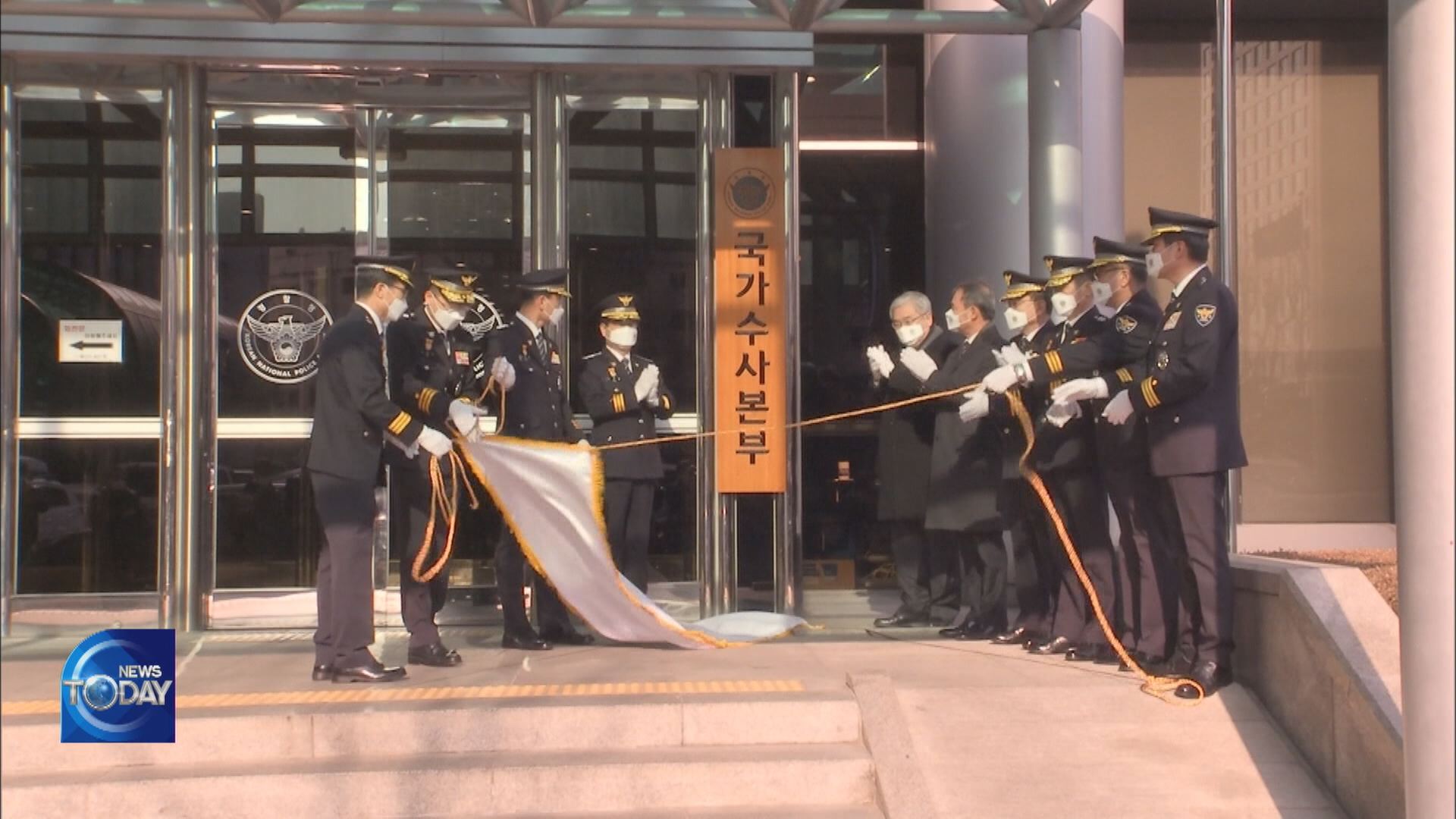
[Anchor Lead]
Following the adjustment of investigative rights between the prosecution and police, the police force will be divided into three major operational areas starting this year. National police will be in charge of intelligence, security and foreign affairs, while the autonomous police unit will oversee concerns such as traffic and school violence. The control tower for the third arm, which is the investigative police, officially launched on Monday. Take a look at some changes to police investigations from now on.
[Pkg]
The National Investigation Headquarters has formally launched with a signboard hanging ceremony.
[Soundbite] KIM CHANG-YONG(COMMISSIONER GENERAL, NAT'L POLICE AGENCY) : "The police will change both institutions and culture based on firm resolve to become a trusted and beloved investigation agency."
The headquarters is located inside the National Police Agency but ironically, the post of inaugural chief yet remains empty. Related procedures are expected to conclude next month.
[Soundbite] PROF. LEE YUNG-HYEOCK(DEPT. OF POLICE SCIENCE, KONKUK UNIVERSITY) : "Chief of the new headquarters symbolizes the changes to investigative powers, but a hasty process has led to an abnormal start."
The prosecution's command over investigations has been abolished for the first time in 67 years. This will give police the right to close an investigation in minor cases when they believe there are no criminal charges present. Following an adjustment in rights, the prosecution conducting direct investigations is limited to only six major crime areas such as corruption and election irregularities as well as crimes relating to police officers. The issue at hand is to what degree the public will trust police decisions. Regarding a recent controversy involving Vice Justice Minister Lee Yong-gu who assaulted a taxi driver, the police had closed the case but due to continuing allegations, the investigation was reopen and handed to prosecutors. The police plan to have a separate body consisting of outside officials to review cases closed by the police, but the efficacy has come into question because it won't be constant, regular monitoring.
[Soundbite] LEE HO-YEONG(DEMOCRATIC LEGAL STUDIES ASSOCIATION) : "If the police seek outside opinion sporadically on certain occasions, it's doubtful whether any deliberating officials can properly convey their views."
Whether the adjustment in investigation rights will prove to be a success or failure will depend on how much faith and trust the police will win from the public regarding their investigation process.
Following the adjustment of investigative rights between the prosecution and police, the police force will be divided into three major operational areas starting this year. National police will be in charge of intelligence, security and foreign affairs, while the autonomous police unit will oversee concerns such as traffic and school violence. The control tower for the third arm, which is the investigative police, officially launched on Monday. Take a look at some changes to police investigations from now on.
[Pkg]
The National Investigation Headquarters has formally launched with a signboard hanging ceremony.
[Soundbite] KIM CHANG-YONG(COMMISSIONER GENERAL, NAT'L POLICE AGENCY) : "The police will change both institutions and culture based on firm resolve to become a trusted and beloved investigation agency."
The headquarters is located inside the National Police Agency but ironically, the post of inaugural chief yet remains empty. Related procedures are expected to conclude next month.
[Soundbite] PROF. LEE YUNG-HYEOCK(DEPT. OF POLICE SCIENCE, KONKUK UNIVERSITY) : "Chief of the new headquarters symbolizes the changes to investigative powers, but a hasty process has led to an abnormal start."
The prosecution's command over investigations has been abolished for the first time in 67 years. This will give police the right to close an investigation in minor cases when they believe there are no criminal charges present. Following an adjustment in rights, the prosecution conducting direct investigations is limited to only six major crime areas such as corruption and election irregularities as well as crimes relating to police officers. The issue at hand is to what degree the public will trust police decisions. Regarding a recent controversy involving Vice Justice Minister Lee Yong-gu who assaulted a taxi driver, the police had closed the case but due to continuing allegations, the investigation was reopen and handed to prosecutors. The police plan to have a separate body consisting of outside officials to review cases closed by the police, but the efficacy has come into question because it won't be constant, regular monitoring.
[Soundbite] LEE HO-YEONG(DEMOCRATIC LEGAL STUDIES ASSOCIATION) : "If the police seek outside opinion sporadically on certain occasions, it's doubtful whether any deliberating officials can properly convey their views."
Whether the adjustment in investigation rights will prove to be a success or failure will depend on how much faith and trust the police will win from the public regarding their investigation process.
이 기사가 좋으셨다면
-
좋아요
0
-
응원해요
0
-
후속 원해요
0










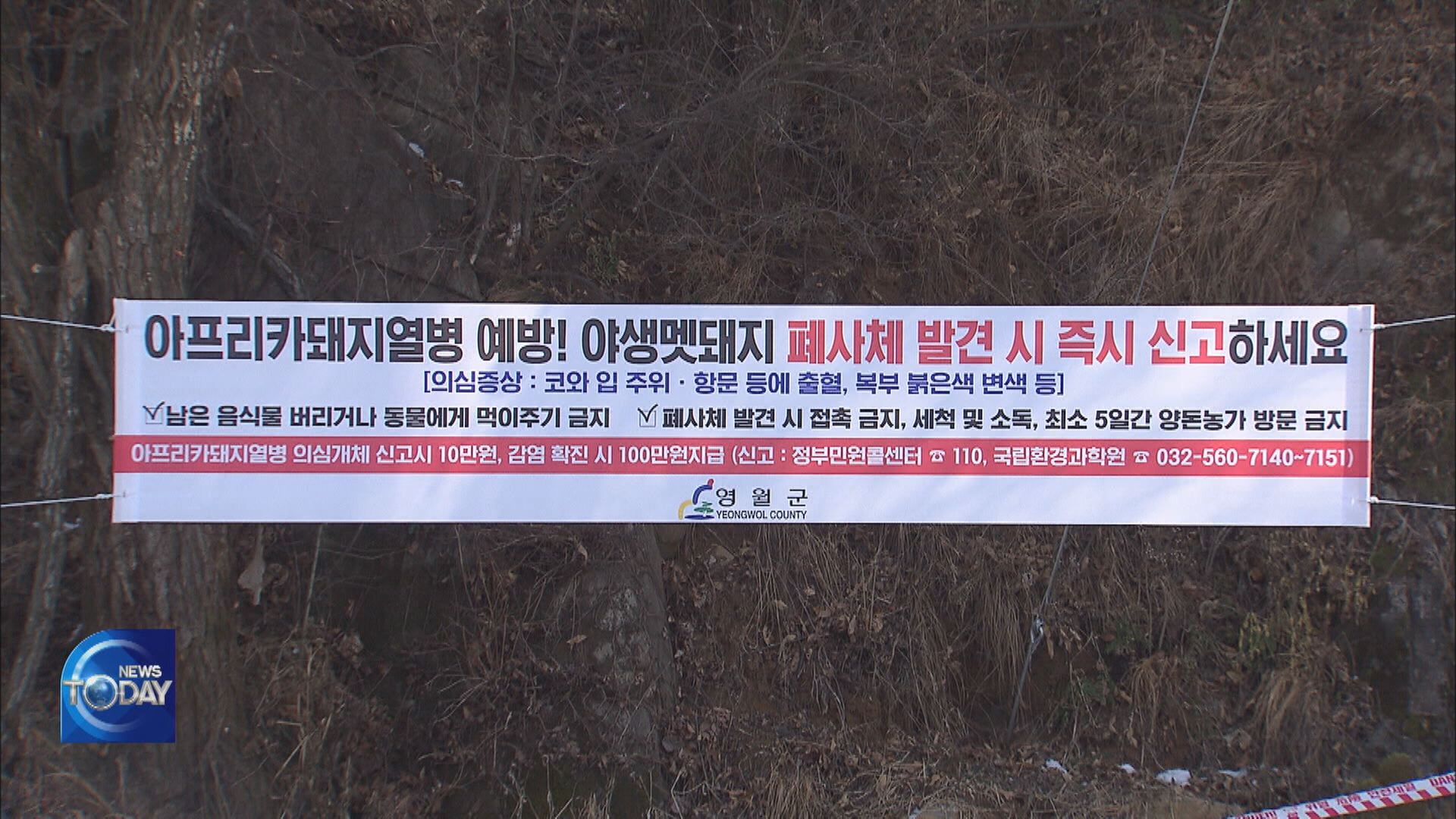

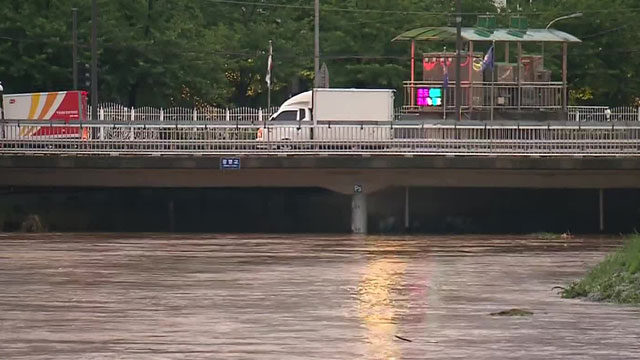
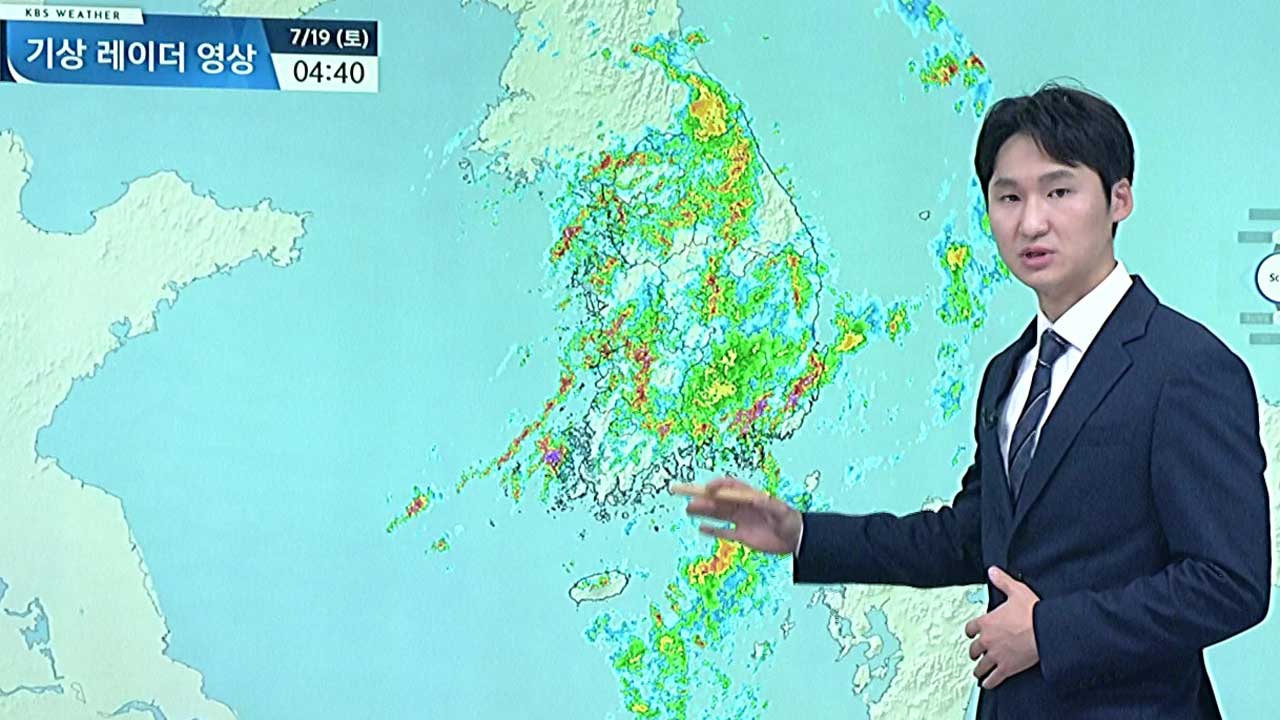
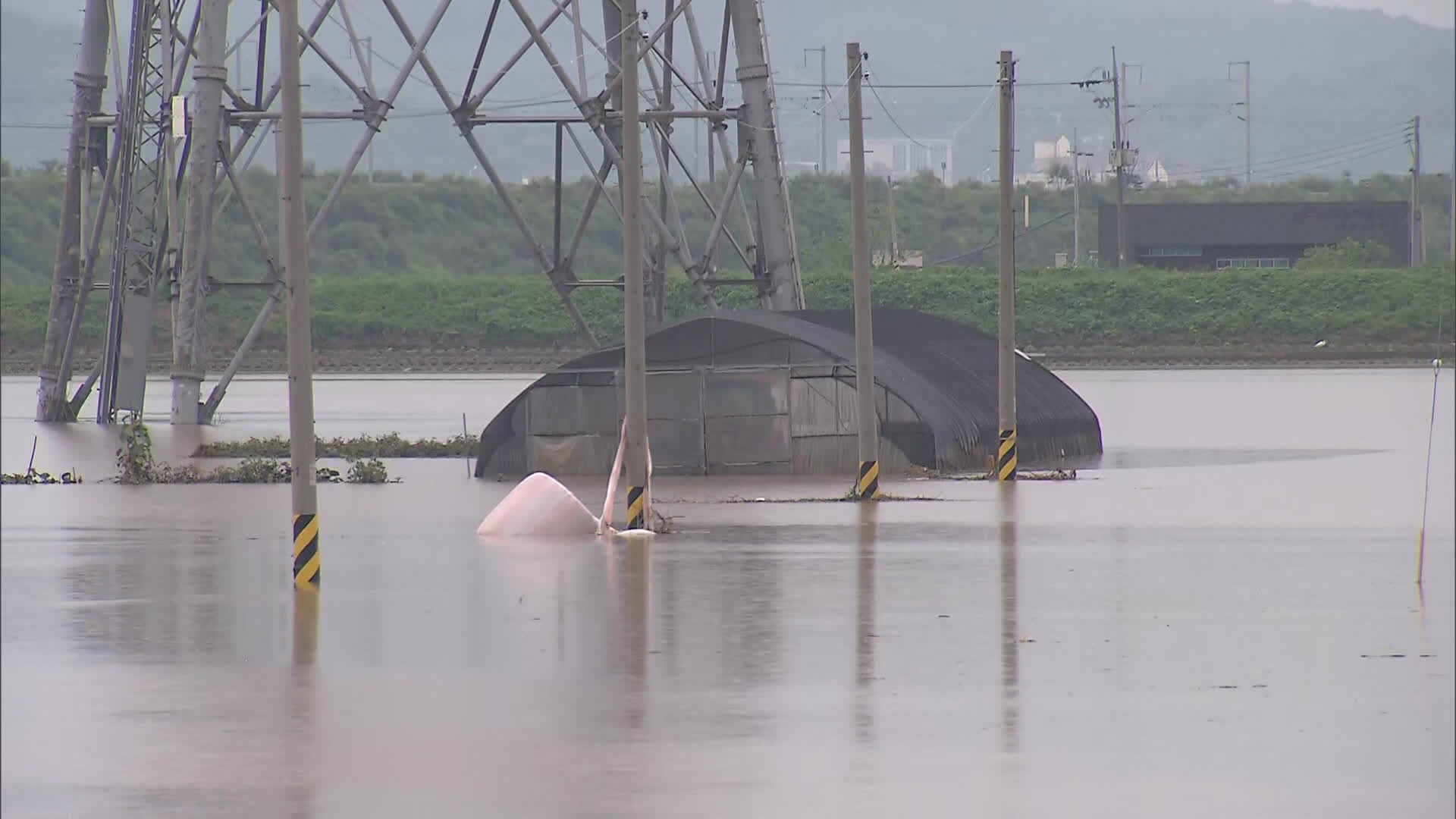
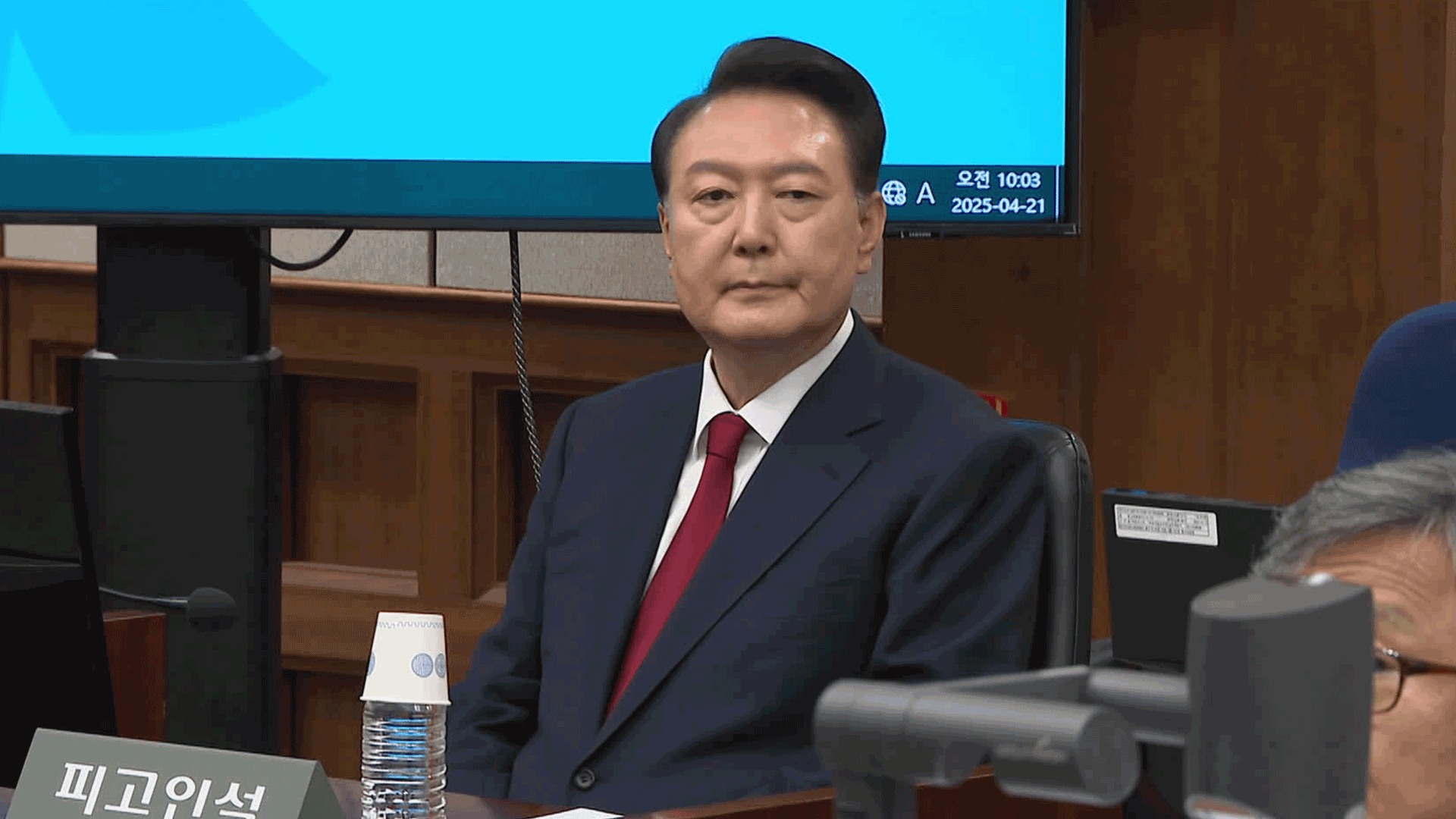

이 기사에 대한 의견을 남겨주세요.